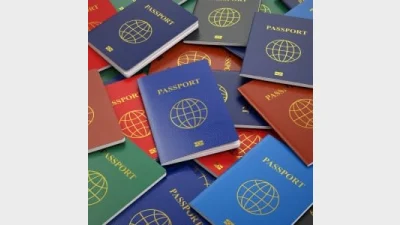ARFP Committee urges participation in pilot program



The Asia Region Funds Passport (ARFP) Joint Committee has called for expressions of interest to participate in the pilot program for the passport, the Minister for Revenue and Financial Services, the Hon Kelly O’Dwyer announced.
The pilot program would aim to test the Passport framework and regulator processes across participating economies to identify the remaining barriers to trade and areas for future improvement.
The Minister said it would provide an opportunity for industry “to get involved from the outset of the passport” and to work with regulators to develop suitable products.
O’Dwyer, who would attend the Asian Financial Forum in Hong Kong mid-January, said: “I will represent the Turnbull Government in Hong Kong at the Asian Financial Forum and will meet with representatives of the local managed funds industry to discuss the Passport and other opportunities for innovation and growth in the region.”
The visit to the forum would be expected to kick start major developments in Australia’s funds management landscape, with the launch of the Asia Region Funds Passport and the introduction of the new Corporate Collective Investment Vehicle regime (CCIV).
“Streamlining regulation across the region makes it cheaper and easier to share products and expertise,” O’Dwyer said.
“It will give Australian businesses access to new and growing markets in Asia and Australian consumers greater choice of investment products.”
Recommended for you
Global asset manager Janus Henderson could be acquired after receiving a non-binding acquisition proposal jointly from a private investment firm and venture capital firm.
Investment manager Salter Brothers has partnered with private equity firm Kilara Capital to launch an Australian sustainable investment platform focusing on decarbonisation.
Fresh off launching three active ETFs to the Australian market, Avantis Investors is already planning to expand its range with two further products next year.
Ausbil is growing its active ETF range with an ESG product in collaboration with sister company Candriam.












